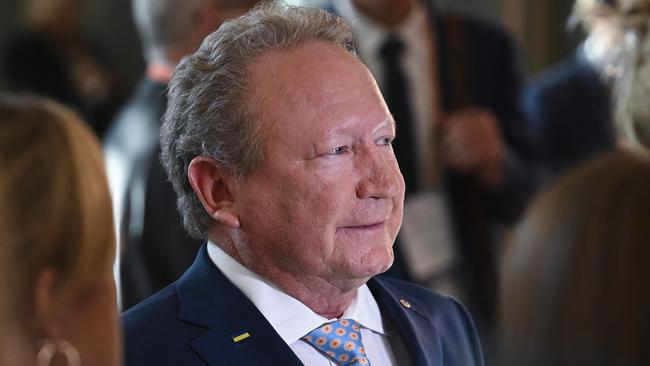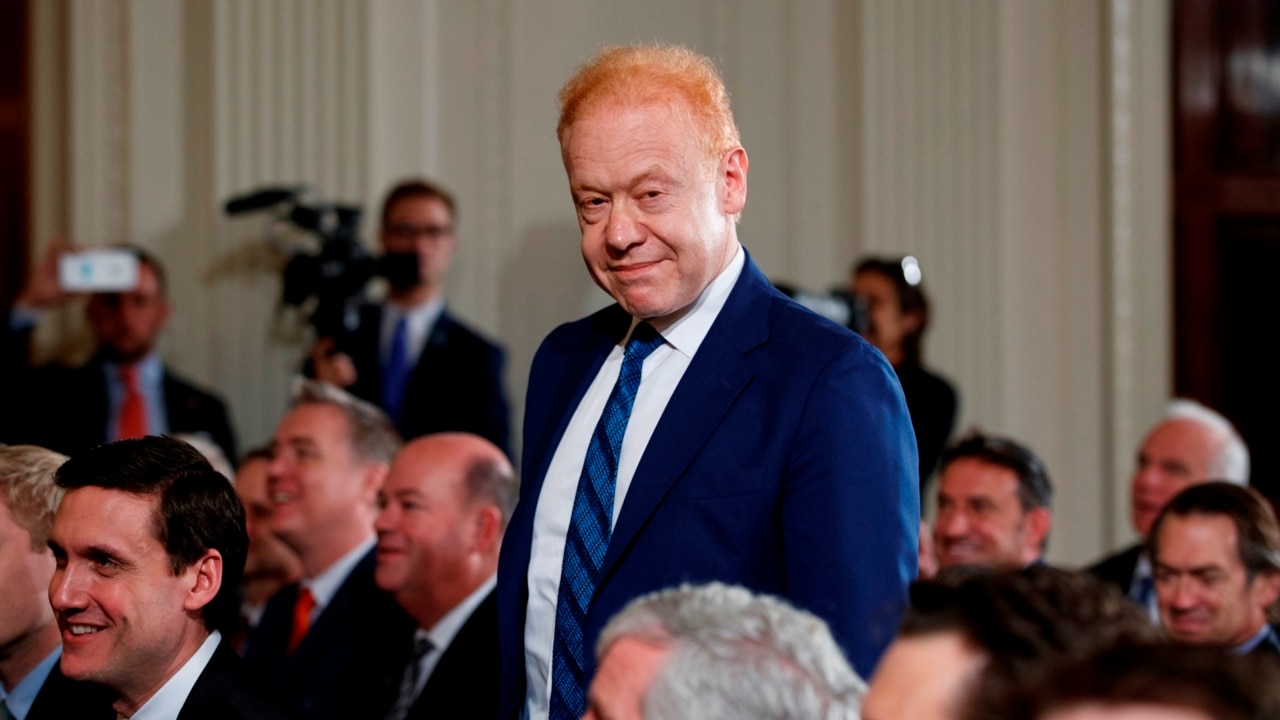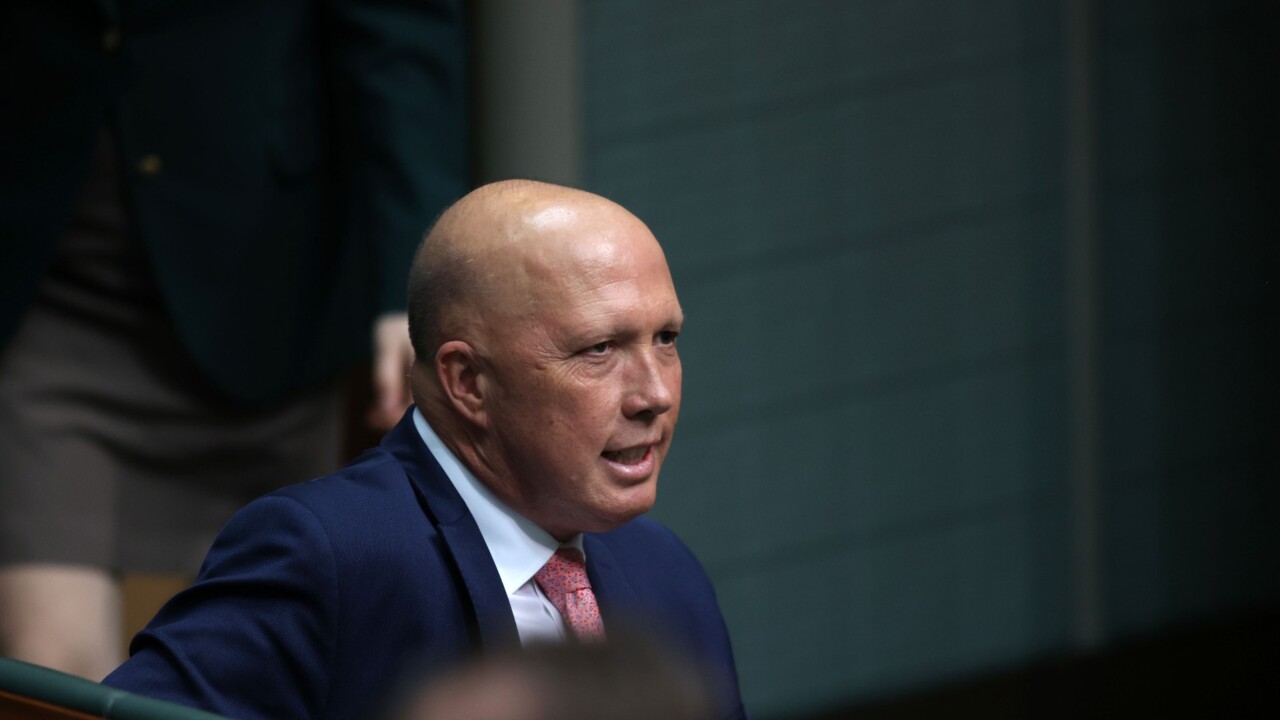Australia can be ‘the Saudi Arabia of green energy’: Andrew Forrest
Business must find the courage to harness the economic opportunities of a carbon-neutral future, Fortescue Metals chairman Andrew Forrest says.

Fortescue Metals chairman Andrew Forrest says Australia can be the “Saudi Arabia of green energy”, amid calls at the jobs summit for increased funding for training workers in zero-carbon industries.
Dr Forrest, who wants to become a major hydrogen producer, told attendees at the climate change session of the summit that business needed to have the courage to harness the economic opportunities of a carbon-neutral future.
“We do have a country which can be the Saudi Arabia of energy, but it’s 100 per cent green,” Dr Forrest said.
“And anyone who says ‘hey, look, that is a dream’ – I can tell you it is not,” he added.
“If we took Australia up by 28 times our electricity production, which we can easily do … then we would be producing more green electricity and energy and hydrogen than Saudi Arabia.
“We could do this. Do we have the courage? Do we have the tenacity? Do we have the vision? I think we have it in government, but do we have it in the business sector?”
Less optimistically, BHP chief executive Mike Henry said the energy transition needed to be “grounded in reality”.
“There’s a big gulf between hope and a plan,” Mr Henry said. “And what we have to ensure is there’s appropriate benchmarking of economics here, productivity policy settings to ensure that we’re able to attract the capital to Australia that’s going to allow us to develop the mineral resources that we have and to develop the clean energy industry here.

“We don’t have the same natural advantages in renewable energy, or frankly in copper, nickel, lithium and so on, that we had in commodities like iron ore and coal, so we are going have to compete hard.”
Smart Energy Council chief executive John Grimes said Australia was “sitting on the cusp of the cheapest and cleanest electricity in history”.
“That has profound implications for our economy,” he said. “It means we can attract the energy-intensive industries from around the world to set up base here in Australia because their competitive advantage is the world’s cheapest and cleanest electricity. It means we will be able to reindustrialise the Australian economy.”
But Mr Grimes and Australian Manufacturing Workers Union national secretary Steve Murphy said more needed to be done to train workers, particularly women, in burgeoning industries.
After the session, economist Ross Garnaut delivered a speech arguing Australia was “better placed than any other country” to prosper in a net-zero world.
“Australian export of zero-emissions goods and services could reduce global emissions directly by about 7 per cent. This would cover much of the hardest and costliest decarbonisation in the rest of the world,” he said.
Professor Garnaut said there needed to be capital expenditure in zero-carbon industries of 5.5 per cent of GDP until 2050.
“That is big, but it is within the range of capital expenditure allocated to mining during the China resources boom,” he said.





To join the conversation, please log in. Don't have an account? Register
Join the conversation, you are commenting as Logout